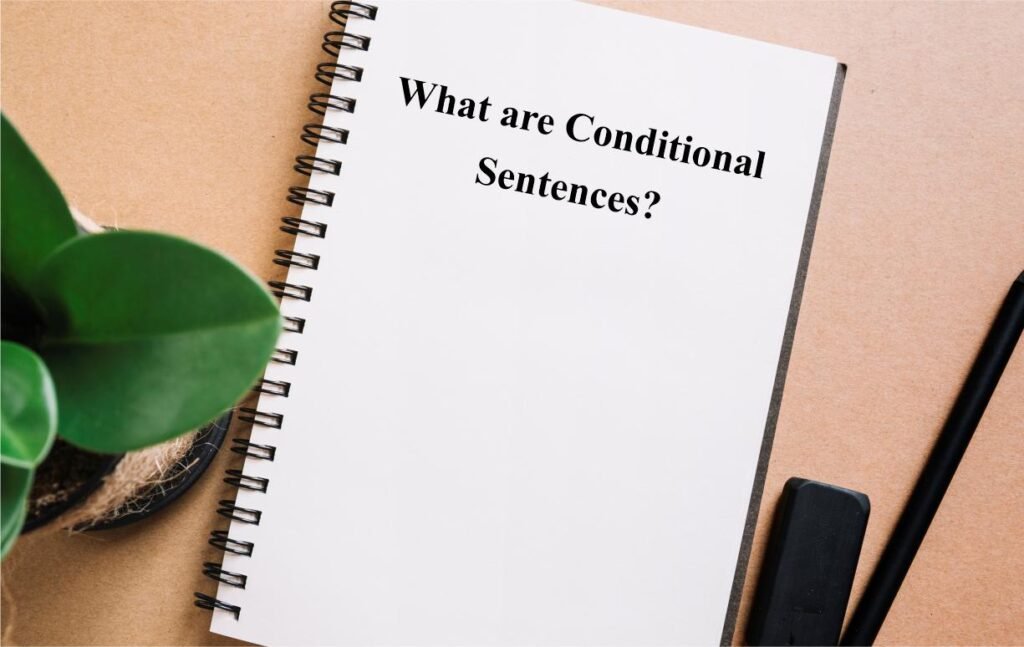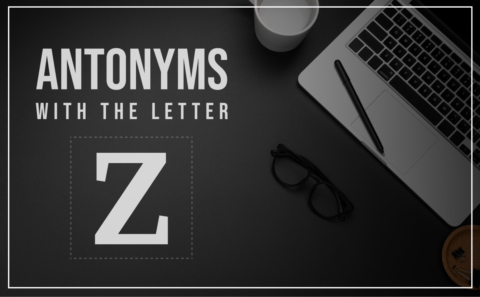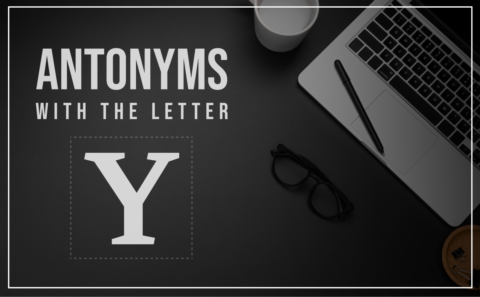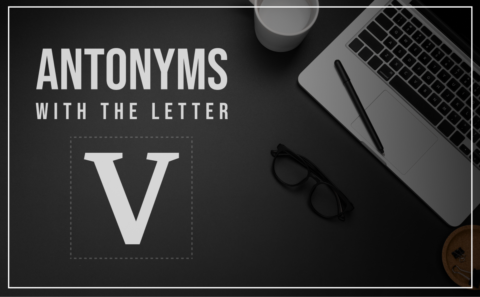Welcome to our comprehensive guide on Conditional Sentences. Here, we delve into the intriguing world of ‘If’ and ‘When’, unravelling the mysteries of main and dependent clauses. Let’s embark on this grammatical journey together!
The sentences that have “If…” and “When….” as a sentence beginner, implementing a contingent of one thing/situation on another thing/situation.
A Conditional Sentences contains two clauses, the main clause, and the dependent clause. The dependent clause expresses the condition and the main clause expresses the consequence.
The dependent clause is also known as the antecedent or protasis and the main clause is also known as the consequent or apodosis.
- If + simple present …… will/shall + verb1 ….
For example: If he comes to meet me, I shall help him.
- If + simple past …….. would/should + verb1.
For example: If I had her number, I would have called her.
- If + past perfect ……. would/should + verb3.
For example: If I had worked hard, I would have scored better marks.
- When + simple past…. used to + verb1.
For example: When he was young, he used to play hockey.
- When + verb2 ….. was/were + verb(ing).
For example: When the bell rang, I was watching T.V.
- When + verb2 ….. had been + verb(ing).
For example: When he came, I had been watching T.V. for two hours.
- When + verb2 ….. shall/will have + verb3.
For example: When you come back, I shall have bought the book.








